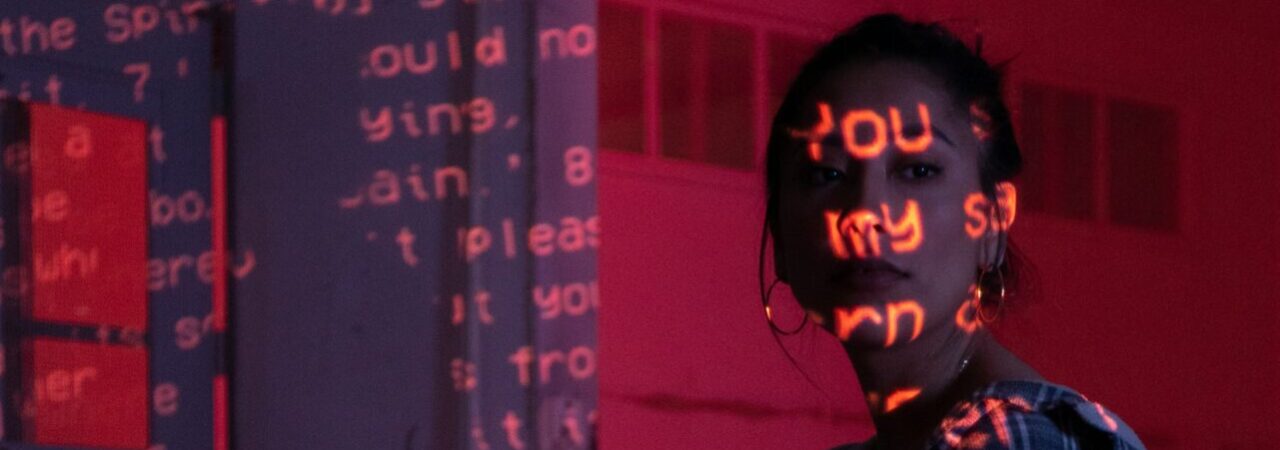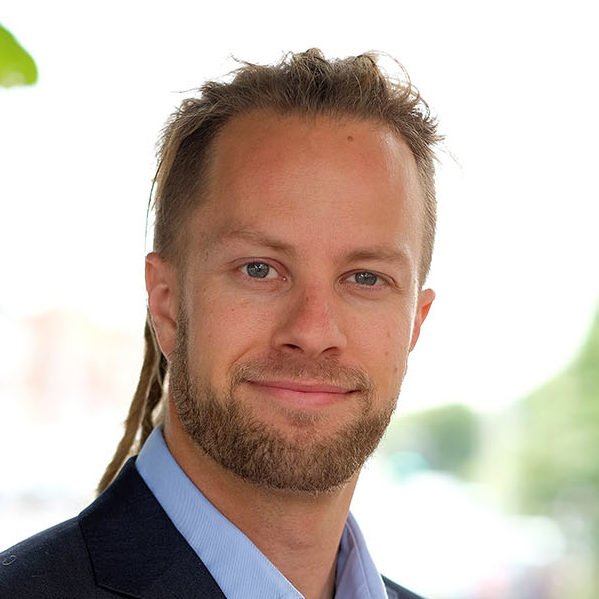Last month, I wrote about bullying and how it continues to hurt young people every day. Many of you got in touch with your own stories. Some spoke about what your children are going through in school. Others shared painful memories from the past. A few told us how bullying still affects them today.
What these stories showed is something deeper. Harmful behaviour, whether it is bullying, exclusion or abuse, often continues because people feel unable or unwilling to step in.
Today, I want to talk about something wider than bullying. I want to talk about the idea that standing up for others—especially when it means calling out harmful behaviour—even if you’re called a troublemaker. Many of us have heard the phrases before: “Don’t be a snitch. Just mind your own business.”
These words might sound harmless, but they send the wrong message. They teach us that staying quiet is better than helping. That if you see someone being treated badly, it is not your place to say something.
This culture of silence is not new. In the wake of the 2005 London Tube bombings, the Department for Transport recognised the need to change it. They empowered commuters to act as eyes and ears. It was a powerful message—everyone has a role in keeping others safe.
We need to bring that same thinking into every part of our lives. This means in our schools, our hospitals, our workplaces—all our spaces, both public and private. We must encourage everyone to be brave and speak up; to challenge behaviours that cause harm and to create cultures that protect people, not just processes.
This is not just about mistreating others. It’s about questioning systems that keep things the same despite us knowing they’re not working. It’s about changing environments where silence is easier than action.
We have already seen this approach make a difference. In 2023, Transport for London launched a campaign to stop sexual harassment on public transport. Its message was simple. It is everyone’s job to notice what is happening around them. To speak up if they see something wrong. To check on the person affected. To report what they see.
The London Borough of Redbridge launched a similar campaign after a series of horrific murders. Their message was just as clear. Do not stand by. Step in.
So why do so many people stay silent?
Some believe they are powerless.
Some think no one will listen.
Some feel it is too much effort.
At LifeLine, we tell the young people we work with something important. If you trust me enough to tell me, you need to trust me to do the right thing with the information you share. We always handle personal information with care. But we also work as a team, and we believe in using the wisdom of the whole team to support the people we serve.
That means if someone is being hurt or not thriving, we do not stay silent. We take action. We support each other and work together to find a solution.
We believe our staff, our partners, and the young people and families we work with can make a big difference. A kind word. A quiet check-in. A message to a teacher, a trusted adult, or a colleague. These small actions matter.
This is not about causing drama. It is not about gossip. It is about caring. It is about creating a culture where respect and kindness come first.
So the next time someone says do not get involved, remember this…



